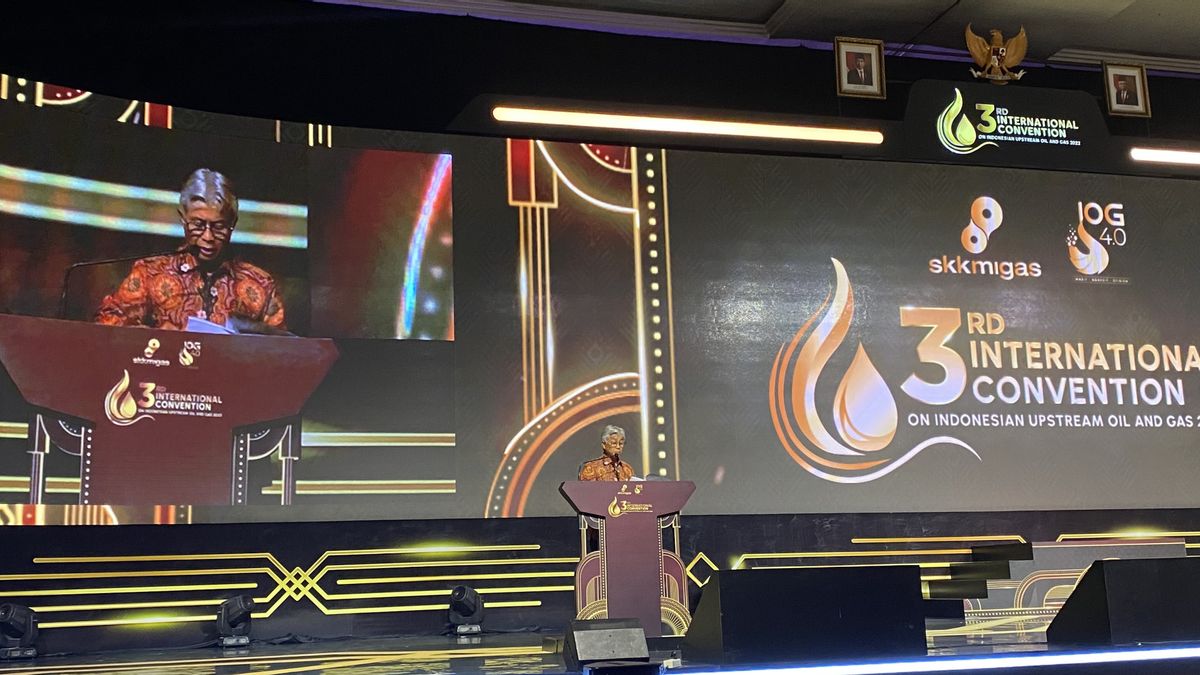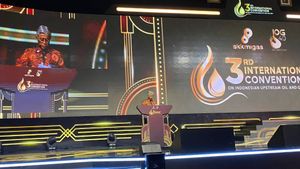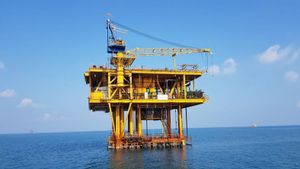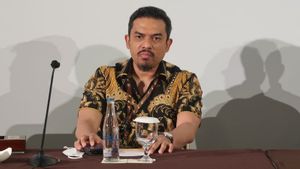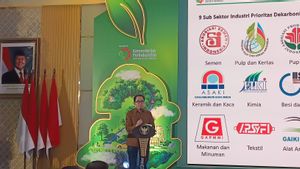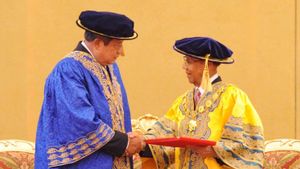BALI - Head of the Special Task Force for Upstream Oil and Gas Business Activities (SKK Migas), Dwi Soetjipto, said the government has prepared several instruments for the development of the energy industry.
One of them is by improving the fiscal policy that is applied.
According to Dwi, this step is proof of collaboration between the government and business actors.
Dwi also revealed several incentives that were disbursed to companies in the upstream oil and gas industry.
"The Indonesian government has shown its commitment to cooperate with contractors with additional incentives if needed so that a field can be developed economically", he said at the opening of the IOG Convention 2022, Nusa Dua, Bali, Wednesday, November 23.
"We have provided incentives for the development of the ExxonMobil Cepu field, Pertamina Hulu Mahakam, Pertamina Hulu Energy Sanga-Sanga, Pertamina Hulu East Kalimantan, and several other work areas", he continued.
Dwi said this effort was part of pursuing the 5 main visions of developing the upstream oil and gas industry.
First, optimizing existing field production. Second, the transformation of contingent resources into production.
Third, accelerate chemical Enhanced Oil Recovery (EOR). Fourth, encourage oil and gas exploration activities.
Finally, the acceleration of regulatory improvement through the One Door Service Policy (ODSP) and incentives for upstream oil and gas.
Previously, Dwi believed that the oil and gas industry had not yet entered the 'sunset' phase.
This is because they see a positive derivative or multiplier effect in the absorption of investment in the upstream oil and gas sector.
"The magnitude of the multiplier effect from the implementation of the vision is not only from the Projected State Revenue but also from investment and money supply which can have a major impact on national and regional economic growth efforts", he said.
"Therefore, what was previously considered a sunset industry, now the oil and gas industry has turned into a sunrise industry", he continued.
On this occasion, Dwi emphasized that the oil and gas industry in Indonesia still has a lot to be exploited. Even so, new renewable energy is predicted to be the focus in the future.
VOIR éGALEMENT:
It also sees Indonesia's prediction to occupy the 4th position with the largest economy in the world in 2030. So Indonesia needs more energy.
"However, we still need to maximize the value of our oil and gas resources, in particular, to ensure energy security and affordability in the region while meeting our net zero emission ambitions. Therefore, the Upstream Oil and Gas Industry is working towards achieving its vision of 1 million BOPD oil production and gas production. 12 BSCFD in 2030", he explained.
The English, Chinese, Japanese, Arabic, and French versions are automatically generated by the AI. So there may still be inaccuracies in translating, please always see Indonesian as our main language. (system supported by DigitalSiber.id)
